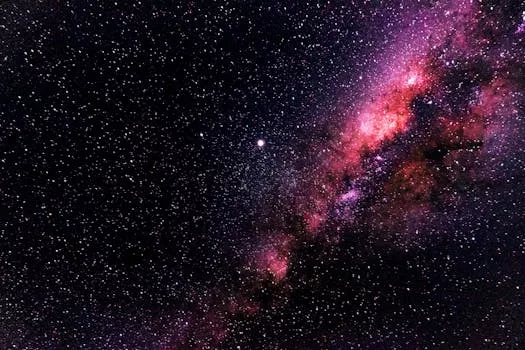
“
Beyond the Milky Way: Imagining New Worlds and Possibilities
Introduction to the Cosmos
Beyond the Milky Way: Imagining New Worlds and Possibilities, the universe is vast and full of mysteries waiting to be unraveled. As we continue to explore and understand the cosmos, we are constantly reminded of the infinite possibilities that lie beyond our galaxy. From the discovery of exoplanets to the detection of dark matter, the study of space is an ever-evolving field that challenges our current understanding of the universe.
Exploring New Worlds
The discovery of exoplanets has opened up new avenues for space exploration. These planets, which orbit stars other than the Sun, offer us a glimpse into the potential for life beyond our galaxy. With the help of advanced telescopes and spacecraft, scientists are able to study the atmospheres and surface conditions of these exoplanets, providing valuable insights into their habitability. The search for life beyond Earth is an ongoing endeavor, with scientists using a variety of methods to detect biosignatures, such as the presence of oxygen or methane, in the atmospheres of exoplanets. For more on this topic, check out From Stardust to Dreams: Imagining Life Beyond the Stars.
Understanding the Universe
As we explore the universe, we are also gaining a deeper understanding of its underlying structure and evolution. The discovery of dark matter and dark energy has revolutionized our understanding of the cosmos, revealing that the universe is composed of a vast array of invisible and unknown entities. The study of black holes and neutron stars is also providing valuable insights into the extreme conditions that exist in the universe, allowing us to better understand the fundamental laws of physics.
Takeaways
- The universe is vast and full of mysteries waiting to be unraveled.
- The discovery of exoplanets has opened up new avenues for space exploration.
- The search for life beyond Earth is an ongoing endeavor.
- The study of the universe is an ever-evolving field that challenges our current understanding of the cosmos.





